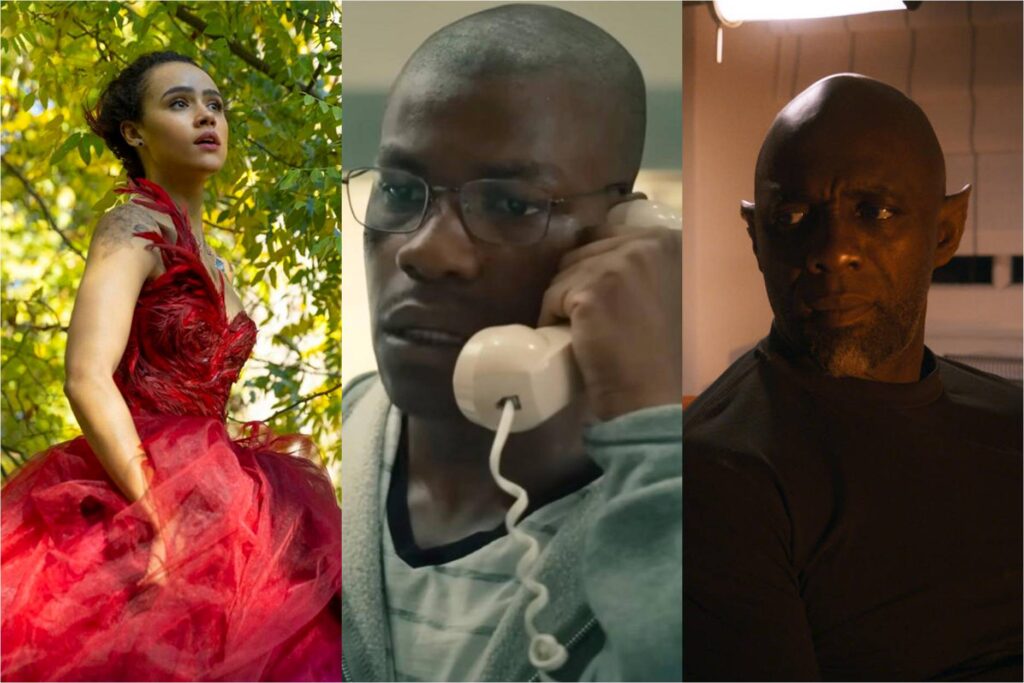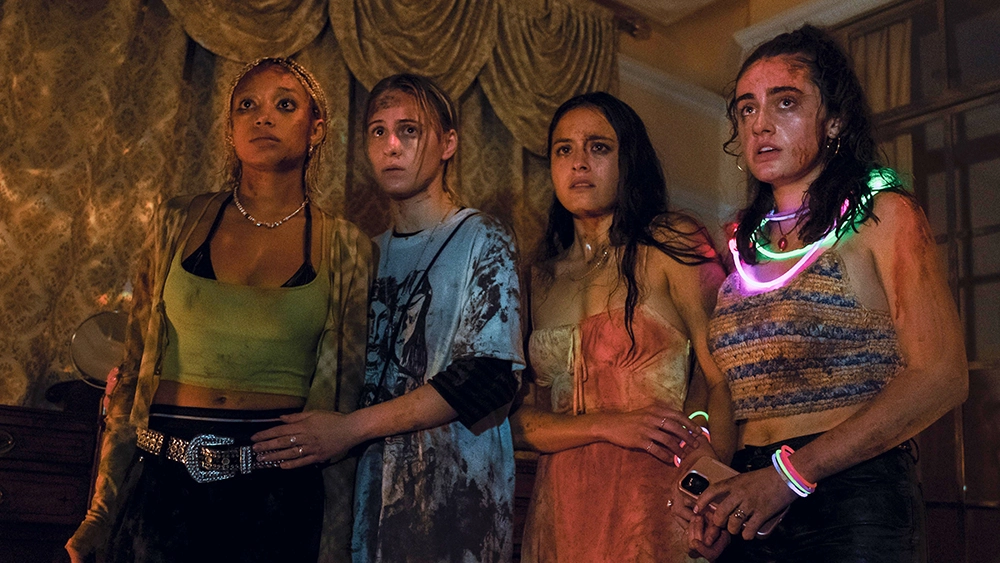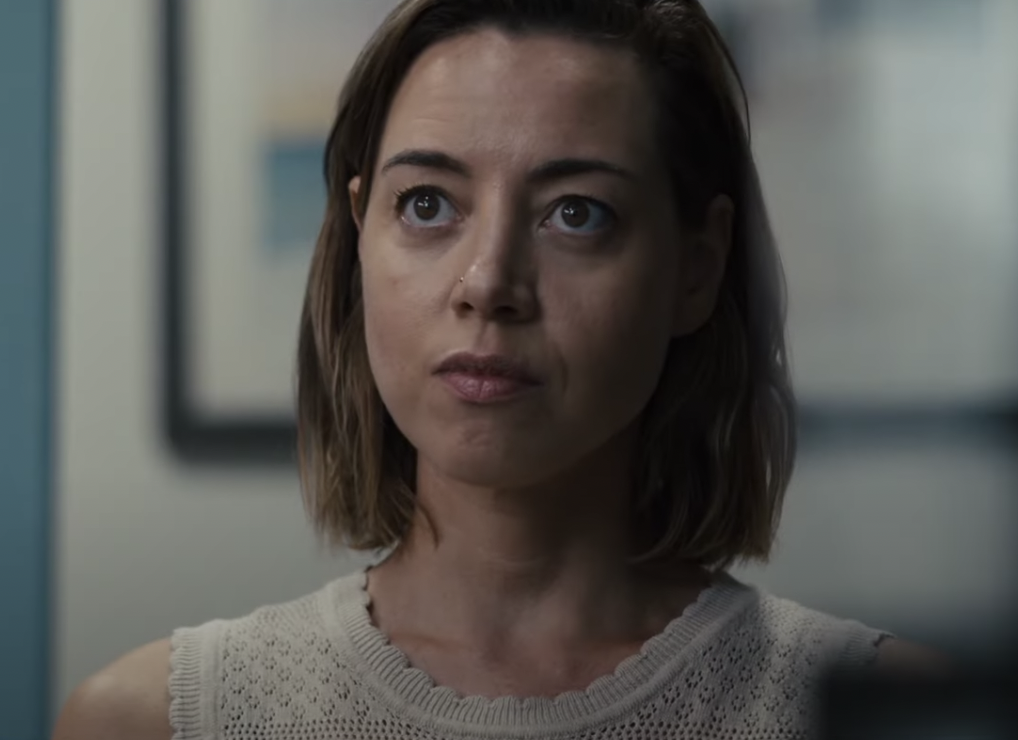Barbarian: Scare-bnb

He’s a really nice guy. That’s what you need to understand, and what serves as the human foundation for the hellish nightmare that follows. When Tess (Georgina Campbell), an attractive young documentarian interviewing for a job in Detroit, arrives at her Airbnb in the dead of night only to find it already occupied by a well-built man named Keith, you might think that she should dive back into her SUV and burn rubber. She contemplates that very course of action herself; she isn’t stupid, and the last thing she wants to do is star in a horror movie. But Keith is—and I can’t stress this enough—a really nice guy, and so Tess swallows hard and crosses the threshold from the porch into the house, and the terrible events that follow are set in relentless motion.
Written and directed by Zach Cregger, Barbarian is one of those twisty pictures where virtually any plot detail arguably qualifies as a spoiler. But the title alone, which appears on screen in a creepy elongated typeface as cockroaches skitter across its letters, at the least confirms that it isn’t a romantic comedy. That might be news to Tess and Keith, whose flung-together-by circumstance pairing—turns out the incompetent property-management company double-booked the rental—could qualify, in a different cinematic universe, as a meet-cute. In addition to possessing broad shoulders and a square jaw, Keith is uncommonly courteous and perceptive. He offers Tess the lone bedroom without hesitation, throwing in a self-deprecating crack about his square upbringing. When she doesn’t drink the tea he makes for her, he recognizes her suspicions and volunteers to open a bottle of wine in front of her, negating the possibility that he’s doing anything indecent. He’s even familiar with the little-seen jazz documentary that Tess finds formative. He’s Prince fucking Charming. Read More




